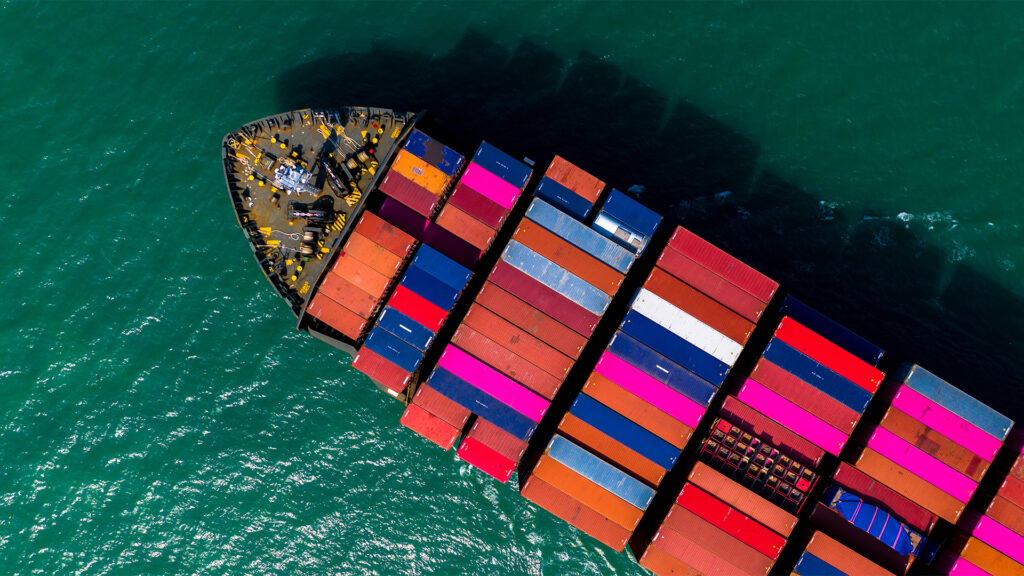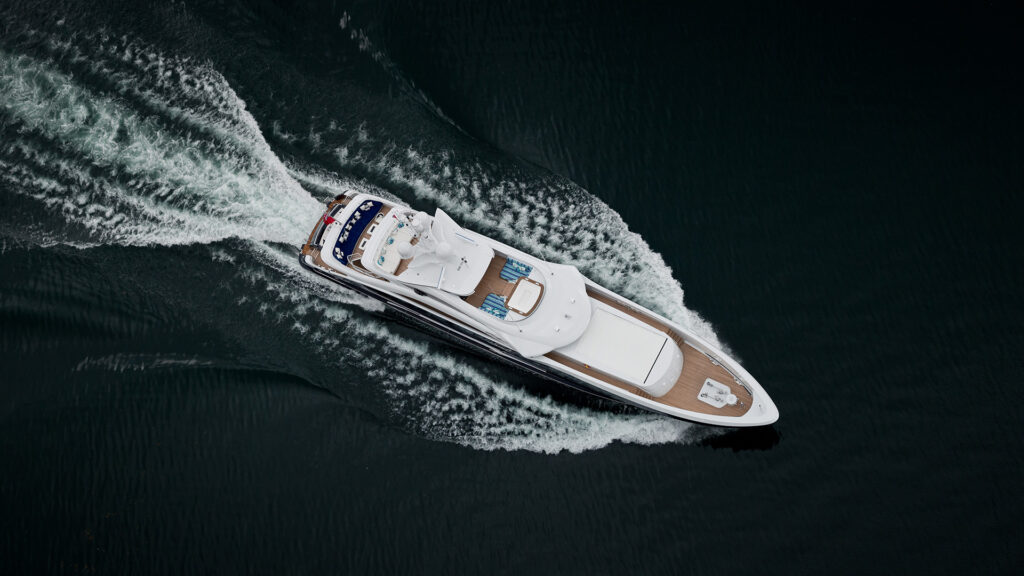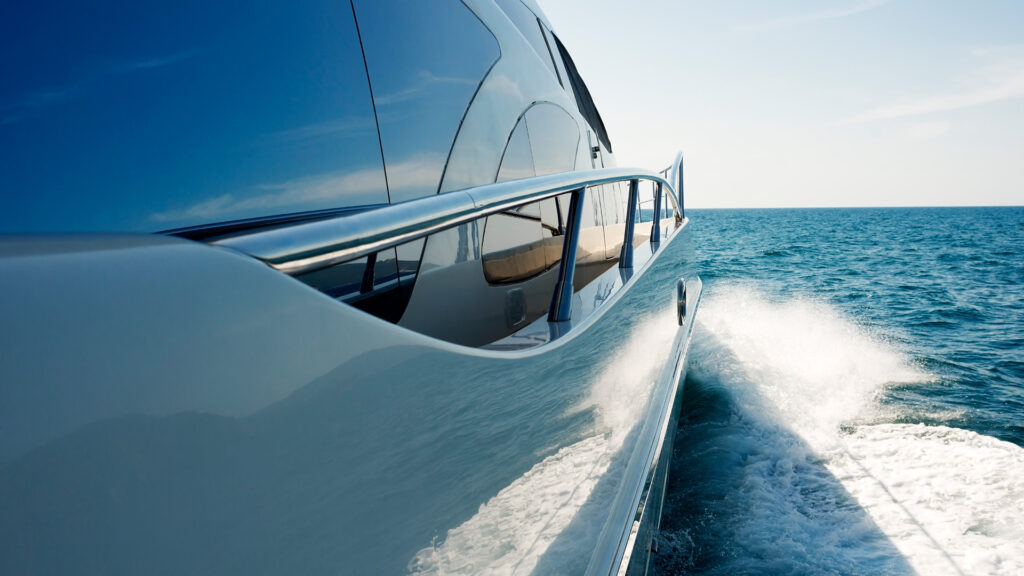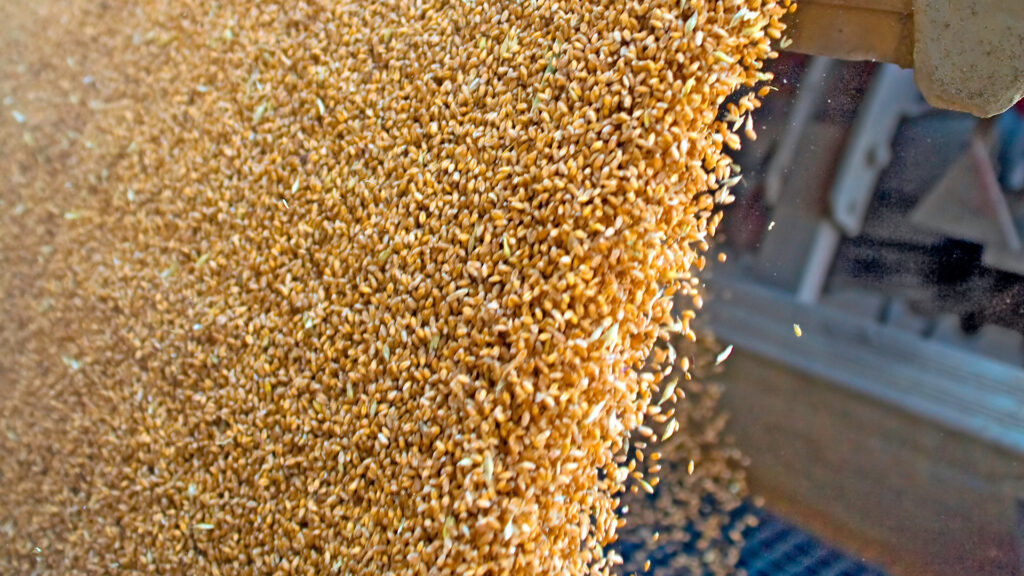New Australian Civil and Criminal Penalties for Pollution by Shipowners, Charterers and Operators
The Maritime Legislation Amendment Act 2011 (Cth) (MLAA)) came into force on 5 December 2011
Background
The Act amends the Navigation Act 1912 (Cth) (Navigation Act) and Protection of the Sea (Prevention of Pollution from Ships) Act 1983 (Cth) (PSPPSA) through, among other things, the introduction of new offences, the extension of strict liability offences and increasing of penalties under existing offences.
Rationale for reform
The MLAA was introduced as a reaction to two recent maritime environmental incidents off the Australian coast, namely, the grounding of the Shen Neng 1 in 2010 on the Barrier Reef (resulting in a spill of approximately 4 tonnes of heavy fuel oil) and spill of approximately 270 tonnes of heavy fuel oil from the Pacific Adventurer off Brisbane after 31 containers were lost overboard damaging the ship’s hull.
The MLAA is also intended to bring current Australian Federal legislation into line with the International Convention for the Prevention of Pollution from Ships (MARPOL), to which Australia is a signatory. MARPOL Article 4(4) requires member states to impose penalties that are sufficiently severe to discourage violation of the Convention and to ensure that the penalties must be equally severe no matter where violations occur. Formerly, Australian federal legislation implementing MARPOL was not consistent with legislation in individual Australian States, which imposed more onerous penalties for marine pollution offences.
Major changes
The MLAA is intended to increase the deterrence against pollution emanating from ships by:
- Introducing into the Navigation Act new offences relating both to operating a ship in a manner that has or may cause pollution and failure to report ship movements in ecologically sensitive areas.
- Setting out in the Navigation Act a formalised regime empowering AMSA to seek the imposition of pecuniary penalties for contraventions under the Act.
- Extending the list of persons who may be charged with an offence under the PSPPSA in respect of oil discharge to include “charterers”.
- Increasing the maximum penalty for strict liability oil discharge offences under the PSPPSA from A$55,000 to A$2.2 million for individuals and from A$275,000 to A$11 million for corporations. The legislation is silent as to whether the extension of liability to charterers includes all types of charterers including those in a chain of charterparties or just a particular type of charterer (e.g. demise charterers). However, there is a real possibility that Courts will apply a broader interpretation of “charterer” as there is no apparent legislative intent to restrict the term to any particular type of charterer.
As part of the new civil penalty regime, the MLAA also introduces an accessorial liability regime under which people who aid, procure, induce or are knowingly concerned in or conspire to cause a contravention of the Navigation Act are deemed to have committed the same contravention themselves.
New offences under the Navigation Act
The MLAA introduces into the Navigation Act new offences aimed at enhancing the deterrence against pollution in the coastal sea and exclusive economic zone of Australia (Protected Area) and beyond. It is now an offence for:
- The master of any ship to operate the ship in a reckless or negligent manner that causes pollution or damage to the marine environment of the Protected Area.
- The master of any ship to recklessly or negligently fail to ensure that the ship is operated in a manner that does not cause pollution or damage to the marine environment of the Protected Area.
- The master of an Australian ship to operate the ship in a reckless or negligent manner that causes pollution or damage to the marine environment beyond the Protected Area.
- The master of an Australian ship to recklessly or negligently fail to ensure that the ship is operated in a manner that does not cause pollution or damage to the marine environment of seas that are beyond the Protected Area.
If any of the above offences are committed, the master is liable to pay a penalty. The maximum penalty for each offence is 600 penalty units, i.e. $66,000. In addition, each of the above offences can be deemed aggravated offences resulting in higher civil penalties. An aggravated offence is one deemed to have resulted in or had the potential to cause serious harm to the marine environment. The maximum penalty for an aggravated offence is 6,000 penalty units, i.e. $660,000.
Whilst the master is the party liable for the offence, an owner or charterer or other accessory may also now be liable under the new accessorial liability provisions.
New offence of failure to report ship movements
Division 14 of Part IV of the Navigation Act allows regulations to be made requiring reporting of ship’s movements in particular areas. The Great Barrier Reef Particularly Sensitive Sea Area is one such area.
Failure to report in accordance with regulations is now a strict liability offence rendering the master liable for a penalty. The maximum penalty for the offence is $26,400.
Whilst the master is the party liable for the offence, an owner or charterer or other accessory may now also be liable under the new accessorial liability provisions (see below).
New civil pecuniary penalty and accessorial regime
The MLAA amends the Navigation Act such that it now includes a mechanism for AMSA to request the imposition of civil pecuniary penalties for breaches of sections of the Navigation Act that impose civil penalties (known as civil penalty provisions). These civil penalty provisions may apply to the new offences set out above.
The pecuniary penalty payable (known as a civil penalty order) must not be more than the penalty specified in the relevant section (in the case of an individual) or 5 times that penalty (for a corporation).
The MLAA also introduces an accessorial liability regime similar to the one applying under the Competition and Consumer Act 2011 (Cth) (formerly the Trade Practices Act 1974 (Cth)). Now, a person who has:
- Attempted to contravene a civil penalty provision.
- Induced, aided, abetted, counselled or procured a contravention of a civil penalty provision.
- Been directly or indirectly knowingly concerned or party to a contravention of a civil penalty provision.
- Conspired with others to effect a contravention of a civil penalty provision
… is deemed to have contravened the civil penalty provision themselves, rendering them liable to the applicable penalty.
The new accessorial liability provisions could leave an owner or charterer liable for contraventions by the master where, in contravening the new offences, the master acts on the instructions of the owner/ charterer, and the owner/charterer has sufficient knowledge of the facts that would make the master’s conduct a contravention of those provisions. The penalties that would apply to a corporation would be A$330,000 for non-aggravated contraventions (i.e. A$66,000 x 5) and A$3.3 million for aggravated contraventions (i.e. A$660,000 x 5).
Extension of operation and increase of penalties under the PSPPSA
The MLAA amends the PSPPSA with a view to providing a stronger deterrent against pollution from the discharge of oil and oily residue from ships. Under the PSPPSA it is currently an offence if:
- Oil or an oily mixture is discharged into:
– In the case of an Australian ship, any seas whatsoever other than waters of an Australian State or Territory with legislation giving force to MARPOL.
– In the case of non-Australian ships, the Australian exclusive economic zone and waters near any Australian State or Territory without legislation giving effect to MARPOL.
- An Australian ship discharges oil residue into any waters other than waters of an Australian State or Territory with legislation giving effect to MARPOL.
Prior to the enactment of the MLAA, these strict liability offences were deemed to have been committed by both the master and owner of the ship. The maximum penalty was A$55,000 in respect of the master and A$275,000 in respect of the owner (assuming the owner is a corporation).
The MLAA adds “charterer” to the master and owner, as a person that is deemed to have committed any such offence. The term “charterer” is considered further below.
There are some limited defences to the above offence, including where the oil or oily mixture “escaped from the ship in consequence of non-intentional damage to the ship or its equipment and all reasonable precautions were taken after the occurrence of the damage or the discovery of the discharge …”. Whilst this may seem like a broad defence, the PSPPSA excludes damage caused by the mere negligence of master or owner (even if carried out without intent) from being classified as “non-intentional damage”. Further, non-intentional damage to the ship or its equipment does not include “deterioration resulting from failure to maintain the ship or equipment” or “defects that develop during the normal operation of the ship or equipment”.
To date, only NSW has followed the Commonwealth in amending corresponding state legislation giving effect to MARPOL such that the non-intentional damage defence expressly excludes negligently caused damage, and wear and tear. However, in the other States and the Northern Territory, “damage” does not include the consequences of wear and tear.
The MLAA also increases the maximum penalty to A$2.2 million in respect of the master and A$11 million in respect of the owner and charterer (assuming those entities are corporations).
Liability of the charterer
The MLAA extends liability under the PSPPSA to the charterer. The MLAA is silent as to whether this is intended to apply to all or one specific type of charterer, or all charterers (where there is a chain of charterparties).
Neither the amended PSPPSA, Explanatory Memorandum nor MARPOL define “charterer”. The parliamentary debate appears not to have included a discussion on which charterers should be included for the purpose of extended liability under the PSPPSA.
The term “charterer” is already used in the PSPPSA and equivalent State Acts concerning the obligation to report the occurrence of pollution incidents. However, with regard to the failure to report, in the case of the charterer, a defence is available where they were not aware of the incident or, where a master has failed to report, neither knew of nor suspected such failure.
There has been no judicial consideration of “charterer” in this context. With regard to the discharge of oil or an oily mixture, it would appear that a charterer is limited to the same defences available to the master and owner, notwithstanding that they may have no direct involvement or control in relation to the ship’s operations and maintenance.
As a matter of statutory interpretation there does not appear to be any compelling reason why a Court should read the word “charterer” in sections 9 and 10 of the PSPPSA as meaning something less than all forms of charterers. The Court is required to apply the plain and ordinary meaning of a word in a statute unless the result of applying the ordinary meaning would be manifestly absurd or unreasonable. In the circumstances, it is possible that a Court would find that applying “charterer” to mean all types of charterers is not manifestly absurd or unreasonable. With regard to this:
- The word “charterer”, used on its own in section 17 of the Admiralty Act 1988 (Cth) (Admiralty Act), has been construed by the Court as meaning charterer of any kind.
- The word “charterer” is already present in a subsequent section of the PSPPSA where a broad interpretation would not be in any way inconsistent with its purpose 17 and if a different interpretation was intended it could have been addressed expressly in the amendment.
- Notwithstanding that the offences are strict liability offences, Parliament’s intention is to maximise the deterrence against pollution possibly by making all charterers, as parties interested in the maritime adventure, liable for prosecution regardless of their actual level of control over the ship from which a discharge occurs.
Against this a charterer could argue for a more limited reading of the word “charterer” on the basis that:
- With regard to the use of the word “charterer” in section 17 of the Admiralty Act, that word is used in a completely different context to that in the PSPPSA.
- It is arguably manifestly absurd or unreasonable that a time, voyage or slot charterer should be criminally responsible for a strict liability offence arising from events over which it had absolutely no control, directly or indirectly. This is to be contrasted with the position in relation to the failure to report an offence where a time or voyage charterer fails to report a pollution incident in circumstances where they are aware of the incident and suspected or knew that the master had not reported it.
It is not possible to provide a definitive view on how the Courts will interpret the term charterer in the amended sections of the PSPPSA. However, it cannot be assumed that a Court will restrict the term to a particular type of charterer (such as a demise charterer) who exercises some control over the operation of the vessel.
For more information, please contact Francis Burgess, Associate, on +61 (0)3 8601 4531 or francis.burgess@hfw.com, or Gavin Vallely, Partner, on +61 (0)3 8601 4515 or gavin.vallely@hfw.com, or your usual contact at HFW.
Download a PDF version of ‘New Australian Civil and Criminal Penalties for Pollution by Shipowners, Charterers and Operators’







-1024x576.jpg)


